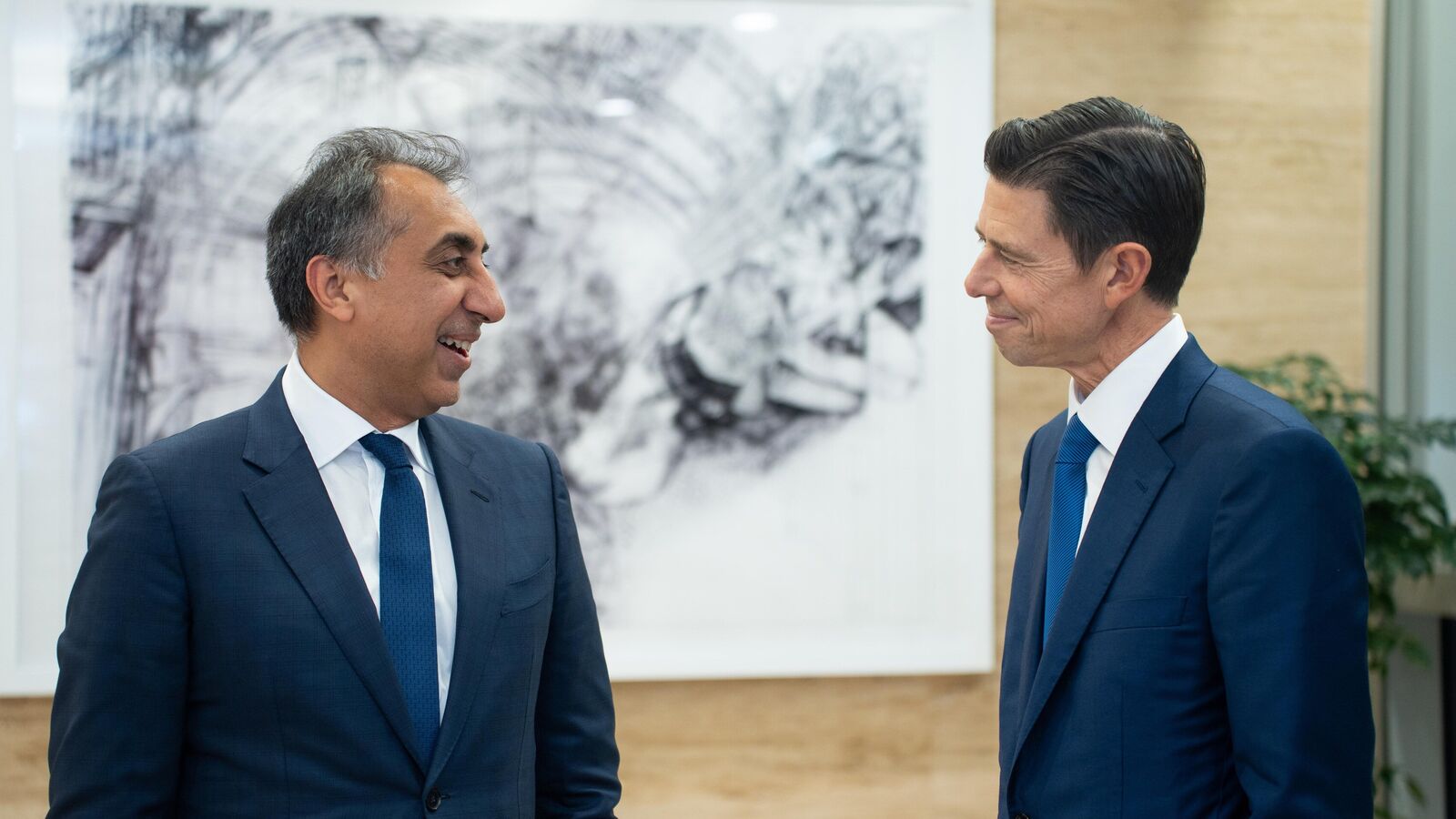“Globally, KKR will invest between $90 billion and $100 billion this year (2025). Given India’s position as the world’s fifth-largest economy and soon to be the third, we would expect our activities in India to increasingly resemble the firm’s global profile over time. Even though $9 billion makes us one of the largest private capital investors in the country today, that number will grow dramatically in the years ahead,” Scott Nuttall, co-chief executive officer (CEO) of KKR & Co. LP said at a media roundtable here in Mumbai.
According to Nuttall, the exact trajectory will depend on the opportunity set on the ground. “What’s clear is that the need for capital across Indian companies is significant, and our interest in building long-term relationships and deploying the full capabilities of the firm is equally strong,” he added.
“We are going to deploy more in healthcare, but we’re also going to expand across consumer, technology, and financial services as well as in infrastructure, including renewables, roads, transmission grids, and data centres,” Nuttall said.
Key Takeaways
- KKR plans for its India investment activity to ‘grow dramatically’ and eventually ‘increasingly resemble the firm’s global profile’ as the country rises to become the world’s third-largest economy.
- The firm is strategically leveraging its US insurance business to access a competitive and scalable pool of capital for emerging markets like India, demonstrated by the recent $600 million loan to Manipal Group.
- KKR will move beyond traditional PE to expand investments across healthcare, consumer, technology, financial services, and infrastructure.
- KKR has restructured the team and implemented a refreshed strategy to revive its private credit business.
- India is one of KKR’s two most active markets in Asia, is the largest contributor to its regional PE and infrastructure funds, and delivers returns that are among the best in the region.
Focus on insurance
Apart from the classic private equity deals, the firm also has an interest in infrastructure investing and has revived its private credit business in India. Through its insurance business in the US, the firm has recently lent $600 million to India’s Manipal Group for its acquisition of Sahyadri Hospitals.
“Ten years ago, we didn’t own an insurance business. Today, we do in the US, giving us a competitive and scalable pool of capital that extends even to emerging markets like India,” said Gaurav Trehan, co-head of Asia Pacific and CEO of KKR India.
“We’re now trying to assess what that (investing through insurance business) could look like over time—how much we can fund from our existing footprint, what the opportunities might be, and what could make sense in terms of local partnerships,” Nuttall elaborated on the plans to deepen the insurance business in India.
Historically, the firm has invested over $13 billion in nearly 40 projects. Over the last five years, nearly two-thirds of its investments have gone into private equity, with the remainder allocated to infrastructure.
Of the $9 billion it has invested in India over the last five years, about $1 billion has been allocated to private credit. According to a previous VCCircle report, KKR’s Indian non-banking financial company (NBFC), KKR India Financial Services Ltd, reported significant losses, primarily due to high credit costs stemming from deteriorating asset quality. The company experienced a substantial increase in non-performing assets, especially after 2019, and had to write off around ₹1,384 crore in loans between 2019 and 2021, in addition to setting aside more provisions. This led to financial losses, including ₹1,256 crore in fiscal 2020 and a further ₹136 crore in fiscal 2021.
“In every kind of business, there are times when you get certain things right and times when you don’t. When we started our NBFC business on the credit side, it was a different India, with a different set of regulations. We did go through some underwriting issues at that time, which we subsequently cleaned up. We have since restructured the team, and we now have a brand-new private credit team on the ground with a refreshed strategy,” Trehan said, adding that the firm’s recent private credit investments are performing very well and have been underwritten with strong discipline.
Credit revival
“We’ve partnered with founders and companies in sectors that align with India’s structural strengths, and we’re already seeing those investments deliver results. I’d say we’ve learned from our past mistakes. That’s behind us, and now we’re looking ahead,” he added.
The firm has also been disciplined in returning capital to its investors on a yearly basis. In recent years, the firm has sold a controlling stake in JB Chemicals & Pharmaceuticals to Torrent Pharmaceuticals for $1.4 billion, partially exited its stake in Vertis Infrastructure Trust for approximately $280 million, and exited Max Healthcare. The firm is also planning public market exits through Initial Public Offerings (IPOs) from other Indian portfolio companies, such as LEAP India and Hero Future Energies. There have been news reports of the firm’s intention to IPO its education bet, Euro Kids, and sell the enterprise business of Ramki Enviro.
“We’ve realized billions of dollars through capital market exits, strategic deals with both foreign and domestic partners, and sponsor-to-sponsor transactions. And this journey is just getting started. India’s next 5, 10, 15 years are going to be about deeper markets and stronger value creation,” Trehan added.
According to him, India is the best-performing market in Asia for the firm. “Within Asia, yes. India is the largest contributor to our private equity and infrastructure funds, and the returns from India have been very strong and among the best compared to our peers and other markets in the region,” he added.
“Our two most active markets in Asia are India and Japan, and both have delivered exceptionally strong returns. That strength has enabled us to build an Asia platform across private equity and infrastructure that’s truly market-leading,” Nuttall added.
